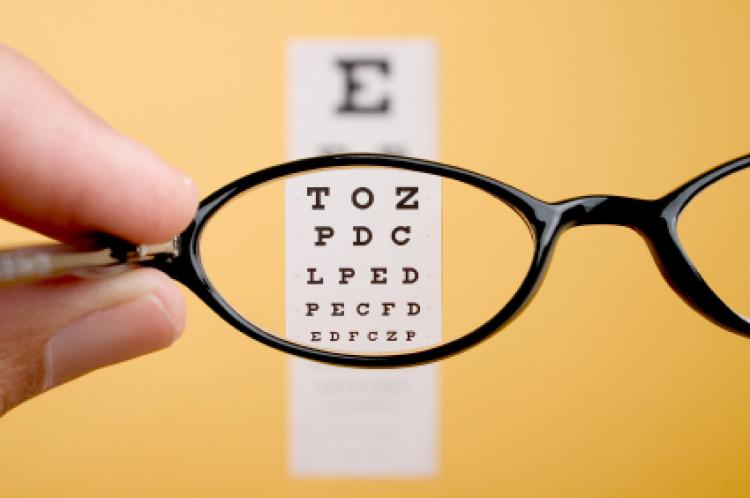Studies suggest that exercise can lower your risk for cataracts and macular degeneration
By Wendy Haaf
You may be able to walk or cycle your way to a lower risk for two age-related eye conditions: cataracts and macular degeneration—at least, that’s the promise held out by two separate studies.
In the first, published in the International Journal of Ophthalmology, researchers analyzed data from six studies, involving more than 170,000 people, that looked at how exercise fights cell damage in the eye; regular exercise was linked with a 10% drop in the risk for developing age-related cataracts. Researchers said that their findings indicate that risk might be reduced by 2% for every hour of cycling or walking each day.
“Exercise increases antioxidant enzyme activity, which has all sorts of benefits, including limiting infections and inflammation in the eye,” said Dr Ming Li, an epidemiologist at the University of South Australia. “Age-related cataracts are one of the most common causes of vision impairment and blindness in the world and although surgery is an effective option to recover vision, it is very costly.”
The second study—a US animal study published in the journal Investigative Ophthalmology & Visual Science—suggests that exercise might also ward off macular degeneration and possibly other eye diseases such as diabetic retinopathy and glaucoma by reducing the abnormal formation of blood vessels in and around the retina by as much as 45%. The researchers said the results were the first to show that exercise helps reduce the severity of age-related macular degeneration.
“There has long been a question about whether maintaining a healthy lifestyle can delay or prevent the development of macular degeneration,” said researcher Bradley Gelfand of the University of Virginia’s Center for Advanced Vision Science. “The way that question has historically been answered has been by taking surveys of people, asking them what they are eating and how much exercise they are performing. The problem with that is that people are notoriously bad self-reporters, and that can lead to conclusions that may or not be true. This [study] offers hard evidence from the lab for very first time.”
Photo: iStock/monkeybusinessimages.






